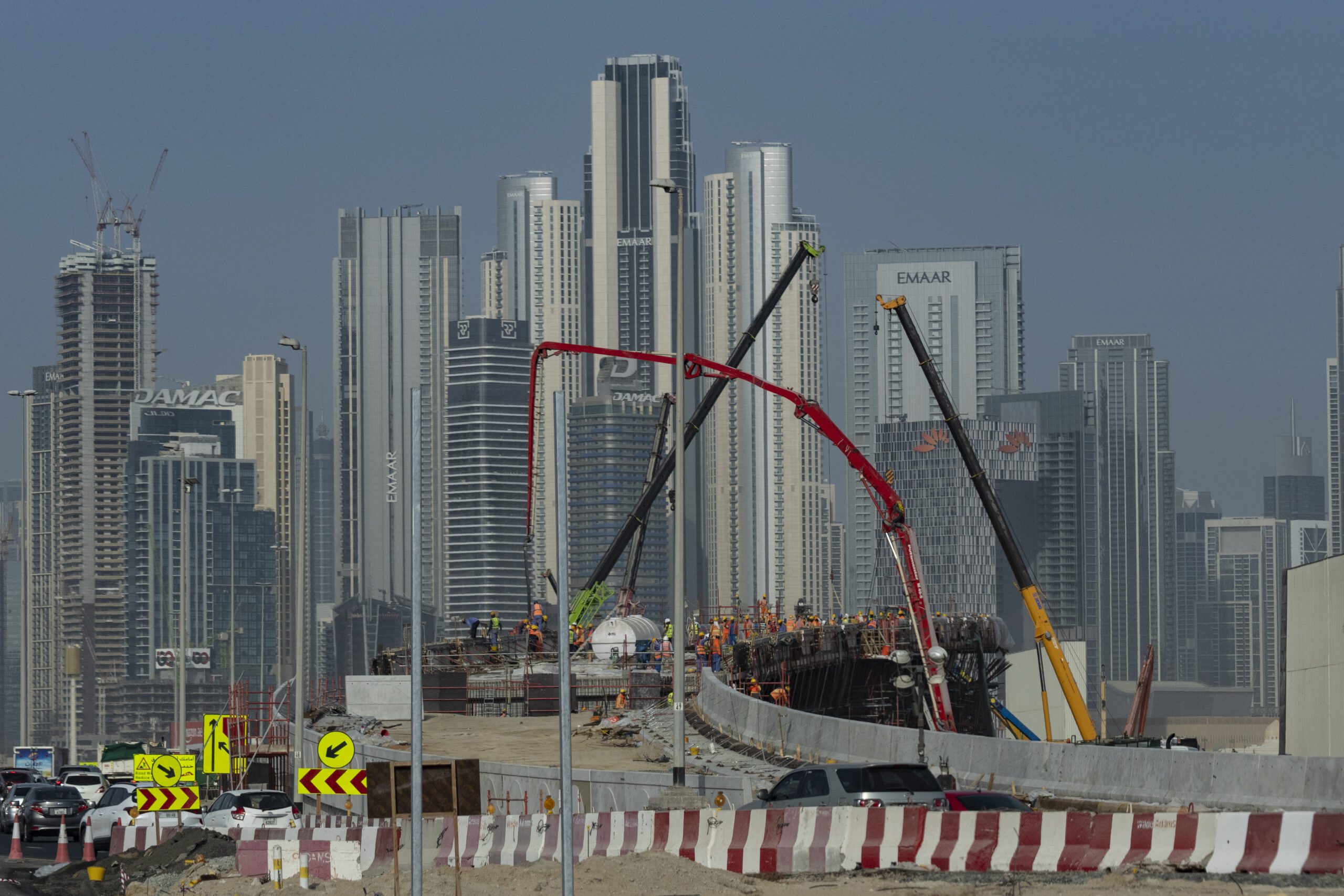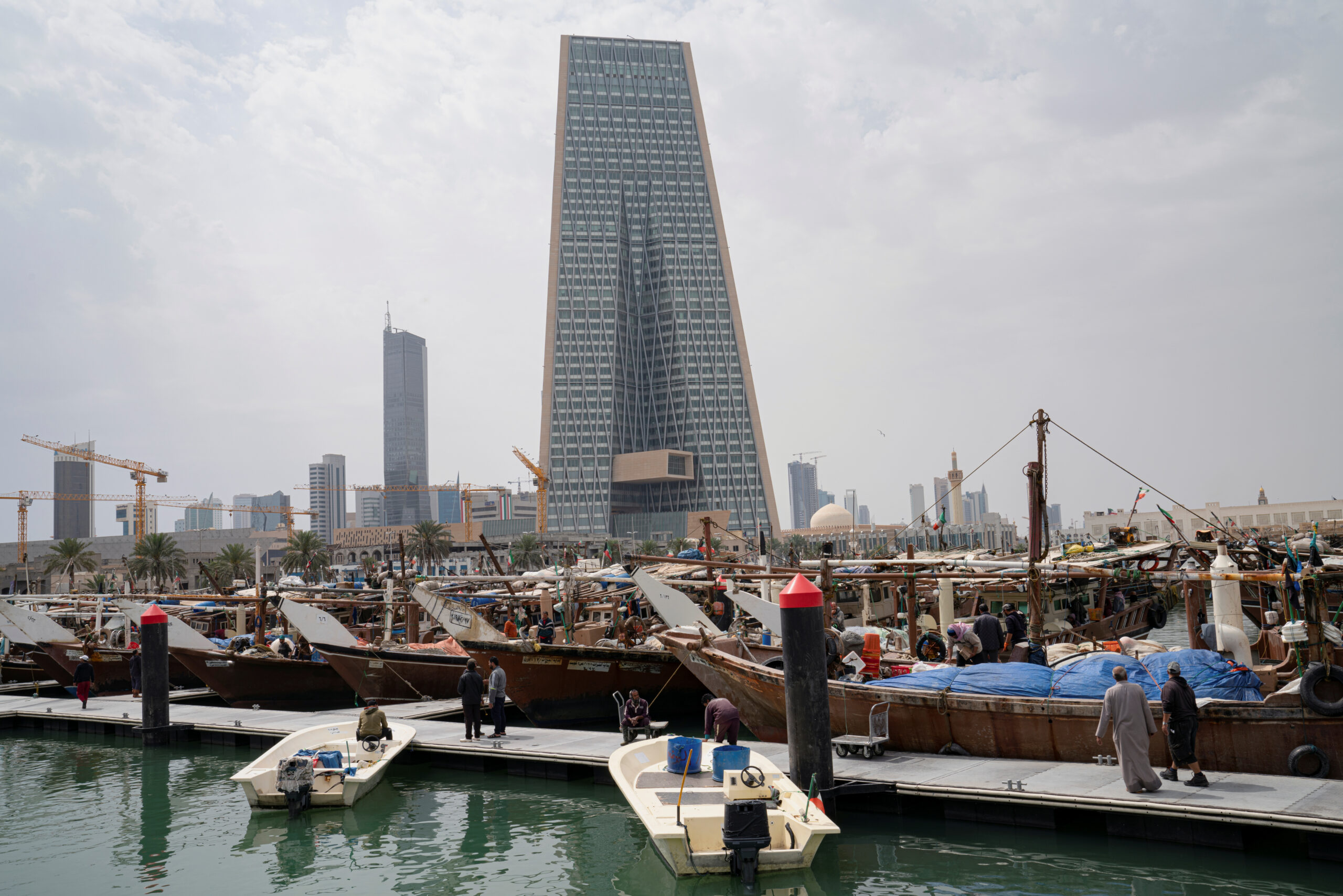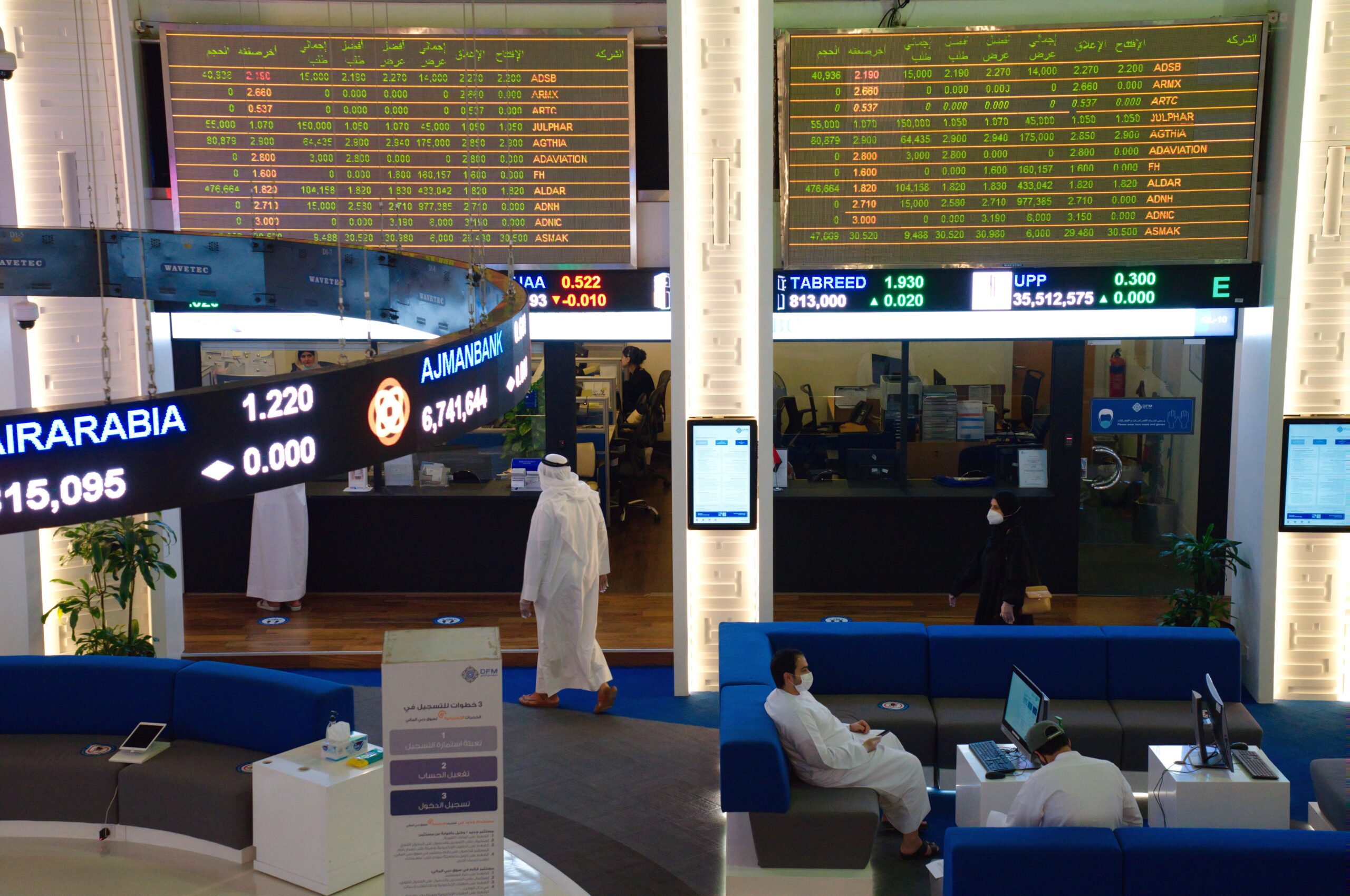Mohamed Z. Bechri
Contributor
Mohamed Z. Bechri is a former economics professor at the University of Tunisia. He served as principal economist at the Central Bank of the United Arab Emirates from 2001-22, where he conducted policy-oriented research and was the lead author of “The U.A.E. MSMEs Business Survey Reports” for 2019 and 2020. He was also an economist in the International Monetary Fund’s African Department from 1993-95. His main research focus is on monetary policy, institutions, and development. Bechri holds a doctorate in monetary economics from La Sorbonne University in Paris and a PhD in economics from the University of Southern California in the United States.






